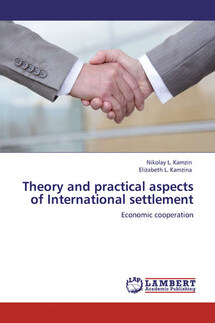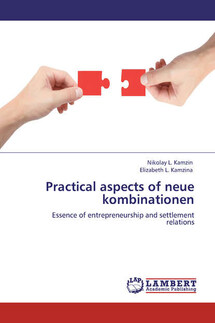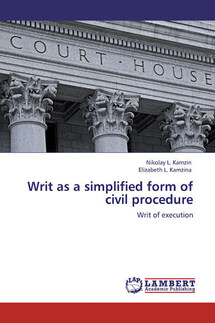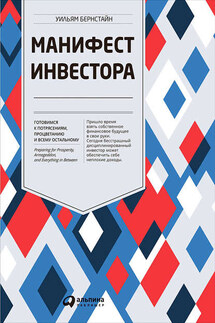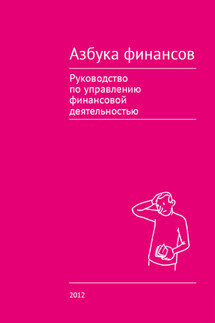Writ as a simplified form of civil procedure. Writ of execution - страница 2
The system of orders and production in the Western European remain legislation, К.И. Малышев singled out executive orders or unconditional and conditional orders or reminders. First used in the enforcement process. These included a writ of execution and summons of the performance. The latter served to remind the debtor of the debt and the recovery of the latter.
Issuance and conditional and unconditional place on a similar procedure, but an unconditional order could be issued only on the basis of acts that are enforceable or apply to the executive production, and the conditional order, as a simple reminder to the debtor to satisfy the requirements issued on all debts, regardless of executive force acts on which they are based. A conditional order was a so-called alternative court order the debtor to pay the debt collector or, if there were any objections, said to them. If at a certain time of the dispute is not stated, the order addressed to enforcement[8]. The Hungarian Justice writ is treated quite differently and is a special sanction in the event of non-defendant's first trial. This, in essence, an analogue of extrajudicial charges and is characteristic of many systems of justice in the middle Ages. As the В.И. Решетняк, a form of court adjudication exempt from the duty to expose to scrutiny the arguments of the applicant (creditor), call for evidence, examine them to make efforts to establish the actual circumstances of the case[9].
Foreign practice has developed, at least three approaches to understanding the essence of judicial orders: as an executive document (an unconditional order), as a reminder to the debtor of its obligations to the lender (conditional orders), as a sanction for failure to appear at the hearing.
Writ in the Russian civil process has features of both conditional and unconditional order. On the orders of his conditional combines a relatively simple procedure cancellation, but with the absolute – that the court order is also the executive document.
But the characterization of the injunction as soon as the dual unity reminder to the debtor's obligation and the agenda of its enforcement cannot reveal his identity. Entity may be disclosed only in case when you consider its dual nature as a court of first instance in which it is allowed on the merits, and as an executive document, on which is punishment in the manner prescribed for the execution of judgments.
1.2. Evolution of mandative process in Russia
History of development of analogues of writ of production in Russia dates back to the adoption in 1864 of the Charter of Civil Procedure. But when it comes to simplifying the process of Russian civil law in a broader sense, we should mention the earlier period – 14th and 15th century, when the desire for opportunities to simplify the process led to the emergence of so-called extrajudicial Institute of ratification. Simplification was that in the adversarial process that begins on the complaint of the plaintiff (the petition), in certain situations, the case could be resolved on the merits without a special act of the judicial process, evidence and trial. The function of such an act performed without trial diploma. Information about it is found in Pskov and Novgorod Judgment charters in 1497 and Court book 1550 and other acts of the era.

